Consumers are increasingly opting for organic options for various reasons, including health benefits and environmental sustainability. Raisins, a staple in many households, are no exception to this growing trend. In this article, we will explore the concept of organic raisins, their attributes, and the pros and cons of both organic and non-organic production methods. By understanding the key factors involved, consumers can make informed choices when it comes to incorporating raisins into their diet.
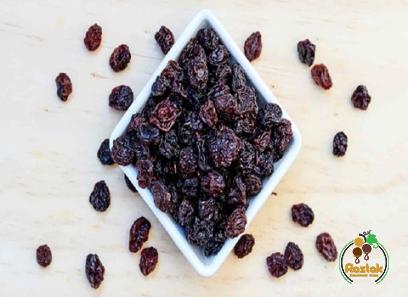
.
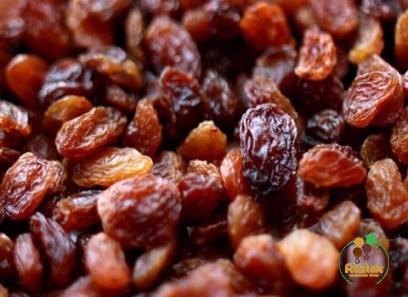 Is Organic the Way to Go? Organic raisins are produced without the use of synthetic fertilizers, pesticides, or genetic modifications. They are grown using only natural and environmentally-friendly practices, adhering to strict organic farming standards. This results in a product that is free from harmful chemicals and potentially safer for consumption. The Organic Advantage: 1. Nutritional Value: Organic raisins are known to have higher nutritional value than their non-organic counterparts. They are free from synthetic preservatives and pesticides that can degrade the nutritional content of conventional raisins.
Is Organic the Way to Go? Organic raisins are produced without the use of synthetic fertilizers, pesticides, or genetic modifications. They are grown using only natural and environmentally-friendly practices, adhering to strict organic farming standards. This results in a product that is free from harmful chemicals and potentially safer for consumption. The Organic Advantage: 1. Nutritional Value: Organic raisins are known to have higher nutritional value than their non-organic counterparts. They are free from synthetic preservatives and pesticides that can degrade the nutritional content of conventional raisins.
..
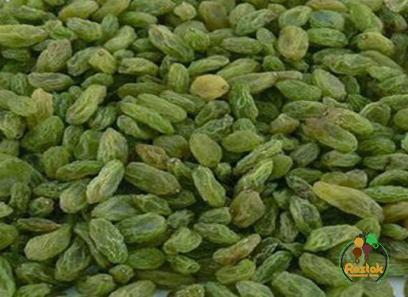 Organic raisins often boast higher levels of antioxidants and essential minerals, making them a healthier choice. 2. Environmental Impact: Organic farming methods have a significantly lower impact on the environment compared to conventional ones. By avoiding the use of synthetic chemicals and genetically modified organisms (GMOs), organic raisin production helps protect soil quality, conserve water, and foster biodiversity, reducing the overall carbon footprint. The Non-Organic Perspective: 1. Affordability: One of the main arguments against organic raisins is their relatively higher price tag compared to non-organic alternatives. Conventional raisins often have lower production costs due to the use of synthetic fertilizers and pesticides, making them more affordable for many consumers.
Organic raisins often boast higher levels of antioxidants and essential minerals, making them a healthier choice. 2. Environmental Impact: Organic farming methods have a significantly lower impact on the environment compared to conventional ones. By avoiding the use of synthetic chemicals and genetically modified organisms (GMOs), organic raisin production helps protect soil quality, conserve water, and foster biodiversity, reducing the overall carbon footprint. The Non-Organic Perspective: 1. Affordability: One of the main arguments against organic raisins is their relatively higher price tag compared to non-organic alternatives. Conventional raisins often have lower production costs due to the use of synthetic fertilizers and pesticides, making them more affordable for many consumers.
…
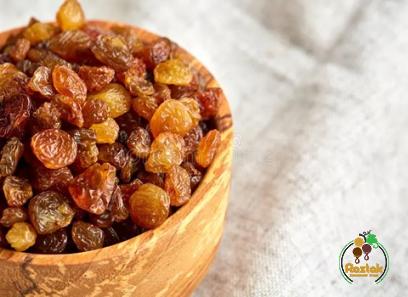 2. Quantity and Availability: Non-organic raisins are generally more readily available in the market due to their higher production volumes. As organic farming practices still represent a small fraction of global agriculture, the supply of organic raisins may be limited, causing potential shortages and higher prices. Consumer Choices and Considerations: When it comes to choosing between organic and non-organic raisins, it ultimately depends on personal preferences and priorities. While the organic variety offers numerous benefits in terms of nutritional content and environmental impact, the higher price may deter some consumers. Those who prioritize supporting organic farming practices and minimizing exposure to pesticides may find that the benefits outweigh the additional cost. Conclusion: Organic raisins exemplify a growing movement towards sustainable and healthier food choices. By opting for organic raisins, consumers can enjoy the peace of mind that comes from knowing they are supporting environmentally-friendly farming practices while indulging in a nutritious snack. However, the decision between organic and non-organic raisins ultimately lies with the individual, based on their own priorities, budget constraints, and availability.
2. Quantity and Availability: Non-organic raisins are generally more readily available in the market due to their higher production volumes. As organic farming practices still represent a small fraction of global agriculture, the supply of organic raisins may be limited, causing potential shortages and higher prices. Consumer Choices and Considerations: When it comes to choosing between organic and non-organic raisins, it ultimately depends on personal preferences and priorities. While the organic variety offers numerous benefits in terms of nutritional content and environmental impact, the higher price may deter some consumers. Those who prioritize supporting organic farming practices and minimizing exposure to pesticides may find that the benefits outweigh the additional cost. Conclusion: Organic raisins exemplify a growing movement towards sustainable and healthier food choices. By opting for organic raisins, consumers can enjoy the peace of mind that comes from knowing they are supporting environmentally-friendly farming practices while indulging in a nutritious snack. However, the decision between organic and non-organic raisins ultimately lies with the individual, based on their own priorities, budget constraints, and availability.




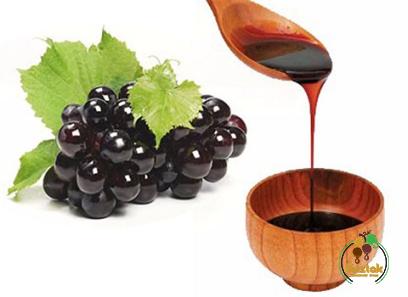

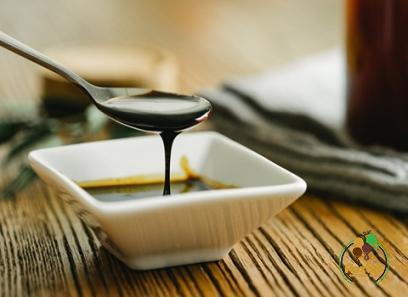
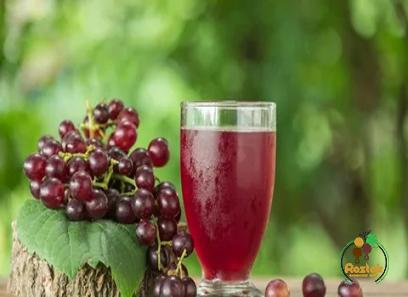
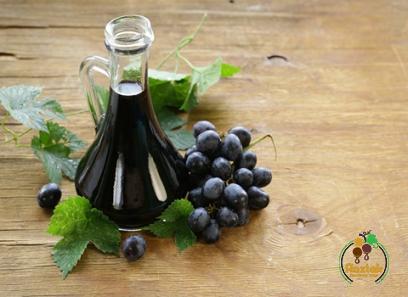
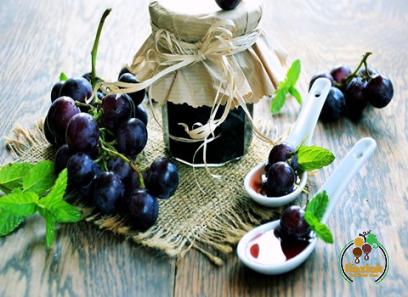
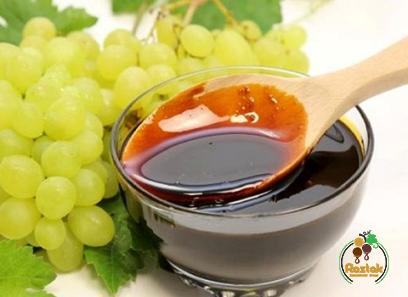
Your comment submitted.